Frequently Asked Questions
How and why were Echelon and LOA chosen as NWCC’s service providers?
NWCC interviewed ten security companies before selecting Pacific Echelon (Echelon). Many of the companies provided only “observe and report” capabilities, and when we talked with some of their clients, this tactic seemed ineffective. We also felt that a few companies we interviewed were too aggressive. Echelon has a humanitarian first approach; its motto is ‘security through community.’ Echelon employees get to know everyone on the streets, build relationships and work to provide them with the services they need.
Loving One Another (LOA), a non-profit, was formed by the founders of Echelon when they saw a greater need for humanitarian services than they were able to provide. They were only legally allowed to provide humanitarian services at or near buildings they had as clients. LOA is able to provide humanitarian services to the entire neighborhood: parks, city, and ODOT properties.
What are the training and qualifications of Echelon/LOA staff?
Alex Stone and Reid Kerr, founders of Echelon and LOA, are highly trained and certified in de-escalation techniques and many other security protocols. Their employees receive extensive, ongoing training. For more information, see Echelon’s website: https://pacificechelon.com/
Will this replace my existing building security?
The NWCC security program is designed to provide overall neighborhood security, not specific building security. 95% of security issues occur outside the perimeter of buildings. Based on your needs, NWCC’s security program may or may not be able to replace your existing security. Echelon team members will be able to meet with you to understand your needs and make that determination.
How often will my building be patrolled?
Participating buildings will typically be patrolled at least six times daily.
How will the hotline work?
Every participating building will have a phone number available to call for immediate concerns, such as a crime in progress or someone experiencing a mental health crisis, and an email address to report things like a tent, needles, or excessive trash. Participating buildings will receive a complete procedural document detailing the process. Non-participating buildings will not have access to the hotline number.
What is Echelon/LOA’s typical response time?
When a quick response is needed, Echelon and/or LOA average response time is approximately between 8 - 9 minutes.
Zone Map
How will the whole neighborhood be covered?
The officers will work in zones (see zone map) and will be in constant communication with other officers on duty. Officers will patrol their zones both in cars and on foot. Typically, they will drive three blocks and then walk around those three blocks. Officers will not be more than 2-3 blocks away from their car in case they need to respond to a situation in another area in their zone.
Echelon has aggregated enough data to determine if the amount of coverage is adequate or if additional patrols are required. Our funding projections will support additional resources if called for.

